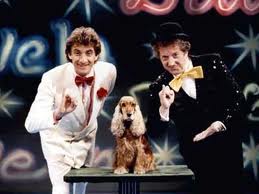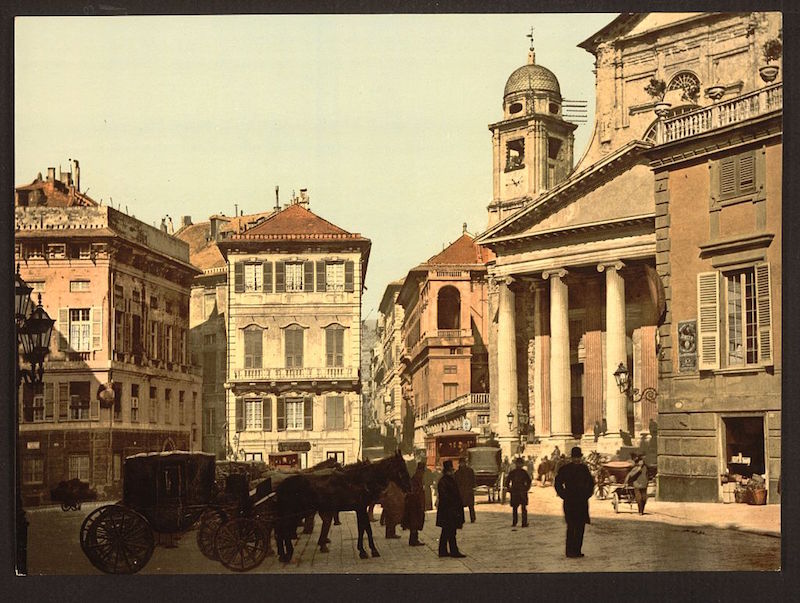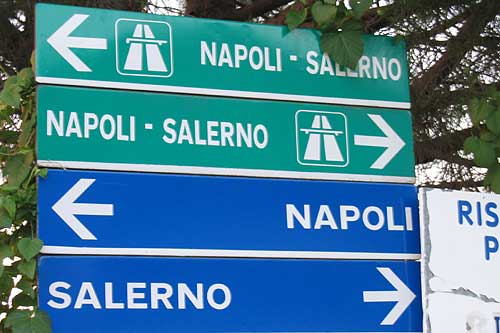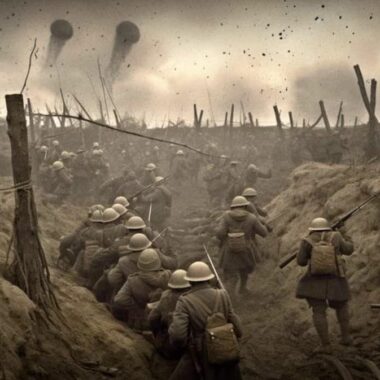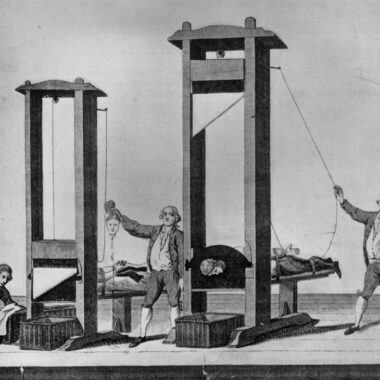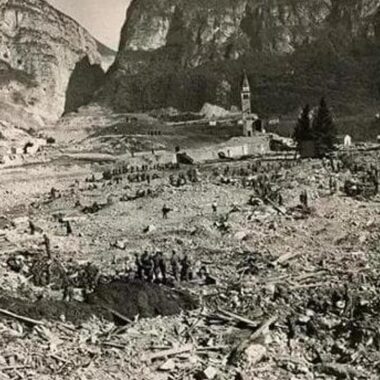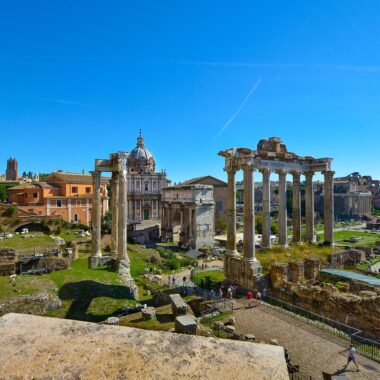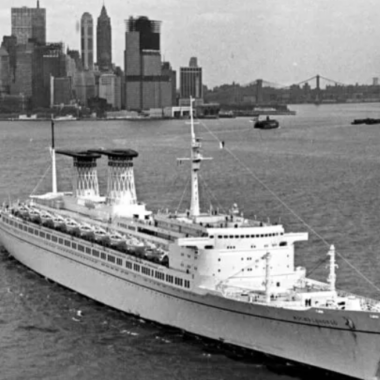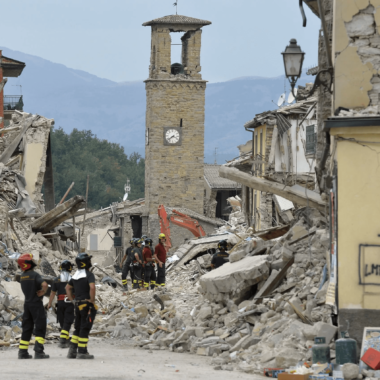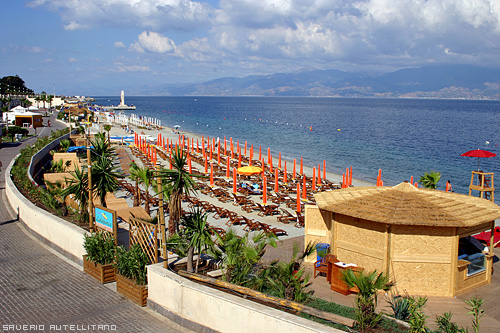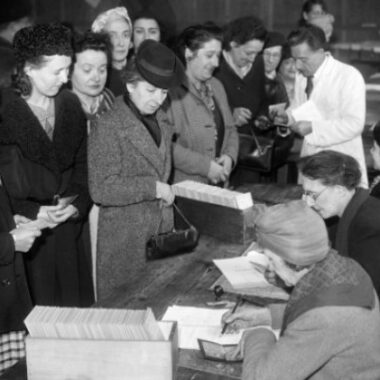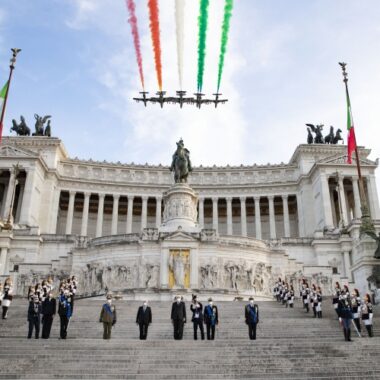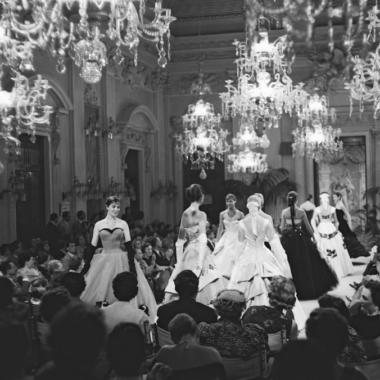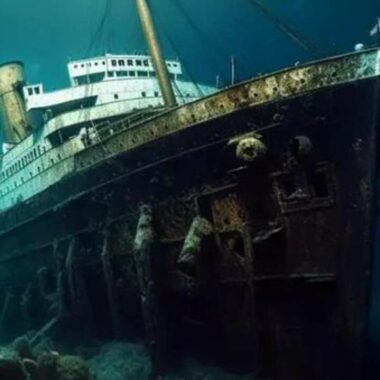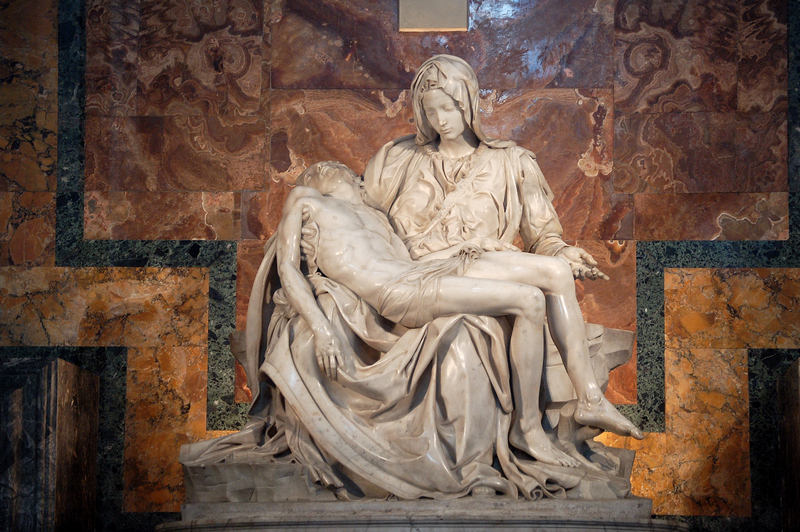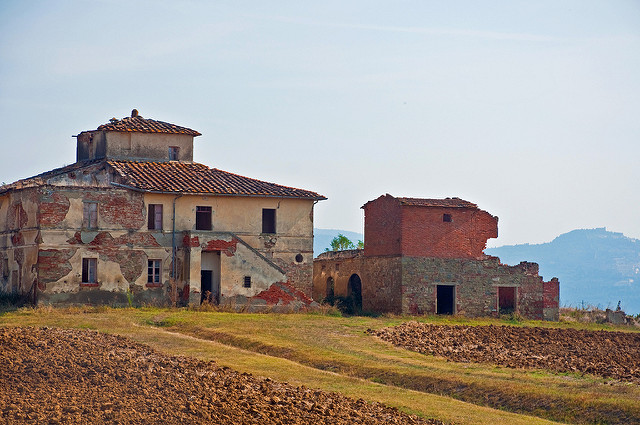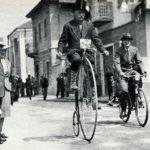Find out more about Italian culture. How was the country of Italy in the 70s and 80s? From movies to events, here’s life in Italy in the 1970s and 1980s.
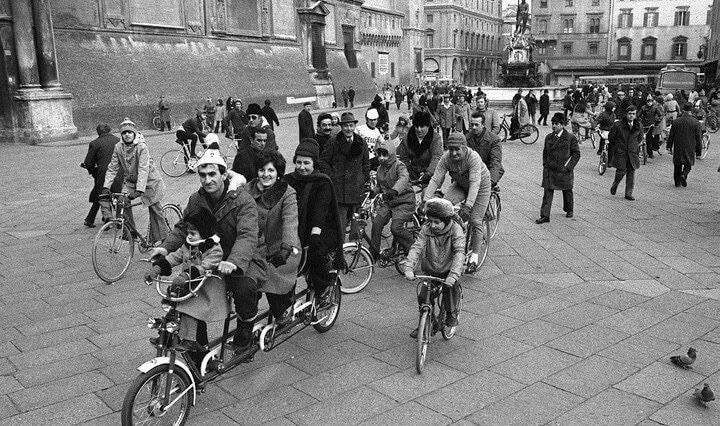
Italy in the 1970s
The 1970s in Italy are years of social and political commitment throughout the country. The decade opens with the introduction of divorce, in 1970. And it ends with the law on abortion, in 1978. Both laws were hot topics in Italian culture. Two popular referendums split the population, dividing it into factions.
Furthermore, worker strikes and terrorist activities dot the 70s. During that decade, everybody has a political point of view. On anything.
Italian culture, Italian music in the 1970’s
The 70s are the golden years for “cantautori”: singer-songwriters. They were artists who always put a social or political message in their lyrics. While Bob Dylan took over the international stage, in Italy the most popular names were Fabrizio de Andrè and Francesco Guccini. More singers and songwriters were Lucio Dalla, Francesco De Gregori, and Franco Battiato.
One thing is for sure: it was an era of political tensions. Especially terrorist movements. Right, and left-wing extremists took arms to transform the Italian state. At least according to their own visions. They are known as the “anni di piombo” – years of lead. And they influenced Italian music too.
You can find out more about Italian music in the 70s in our dedicated article. Find out more here.
Italian movies of the 1970’s
In the 70s the highest-grossing movies produced in Italy are “commedie pecorecce.” What are they? These are comedic sexy movies that feature stereotypes about Italian society. It’s a care-free degeneration of the light comedies of the previous years.

Two kinds of fringe moviegoers emerge from the 70s. The first is the cinema d’essai, which attracts art movie lovers who flock to small, independent theaters. Viewers watched eastern, far eastern productions, and small independent movies. The second moviegoer is the one who enjoys red light (luci rosse) films.
To find out more about Italian sexy movies from the 70s, read our essay here.
Italian Television of the 1970s
This is the era of TV. The National public channels (RAI) and the emerging private channels started adding foreign TV shows to their broadcasts. American soap operas and South American telenovelas make their debut along with English TV shows.
The most famous TV show is an Italian production, Sandokan, a series of TV movies inspired by adventure books by Italian writer Emilio Salgari.
Curious about Italian TV in the 70s? Read more here.
Italian culture in the 1980s
The 80s are a time of fun, excess, luxury, and optimism. It’s the era of economical growth and of transformation. In fact, from a merely agricultural country, Italy starts turning to factories and a service economy. Milan becomes the center of the peninsula, its social and economical capital.
But it’s not all roses.
The Ustica Massacre in Italy
The decade starts with a tragedy, the mysterious incident of the Ustica Massacre. On June, 27th, 1980 a civil airliner explodes while en route to Palermo. It had departed from Bologna, in the region Emilia Romagna. Due to the explosion, the plane plunges into the sea, off Sicily‘s coast, near the town of Ustica.
At first, it seems an accident. Later, various hypotheses began to surface. First, the investigators thought it was a bomb. Then, it becomes more and more apparent that the plane was hit by a missile fired by a military fighter plane.
To this day, no one knows the truth. Furthermore, many other mysteries have crossed paths with the Ustica incident.
Italy’s World Cup Victory
Italy triumphs at the World Football Championship in Spain in 1982.

Italian culture in the 80s: Music, Fashion & Entertainment
During this decade, Made in Italy become a worldwide brand. The country opens up to foreign influences while foreigners discover Italian culture and lifestyle.
Music and fashion in Italy
Many singers and bands are influenced by the new musical movements hailing from England, Germany, and the USA. Music fans are inspired in their dress code and behavior from their pop idols, like Madonna, Wham, Duran Duran. Many pop bands, both original and copycats of British and USA bands start to appear throughout Italy.
Music and culture also give rise to the “urban tribes” – groups of young people bonded over a clothing style or a musical preference. Paninari, dark, new romantics, metal heads and post punks are just a few of these tribes. Each one has its own rituals, meeting places and dress style.
Entertainment in Italy
In the 80s a phenomenon that made its first appearance by the end of the previous decade explodes with unforeseeable consequences: the Japan Invasion. While this may sound dramatic, in reality, it is just the broadcasting of Japan-imported animated shows (anime) on Italian public and private TV channels.
While this may seem insignificant, the nostalgia effect of the Japanese TV shows on those who were a few years old in the 80s had strong consequences. If animation is dominated by Japanese products, mainstream TV is invaded by American shows. Titles such as Happy Days, The A-Team, and Automan.
Curiosities from Italy’s 1970’s and 80s’
In these two decades of changes, improvements, and political turmoil, there have been curiosities. Those tiny, every-day things that nowadays look almost unbelievable. Sometimes, out-right ridiculous.
Here are a few:
- The payphone, since smartphones didn’t exist
- The questionable fashion, including the leg warmers
- The wallpaper, easier to clean
- Tiny stores (aka botteghe) instead of malls

70s wallpaper, via Area 
1970s payphone 
Image via Milano
